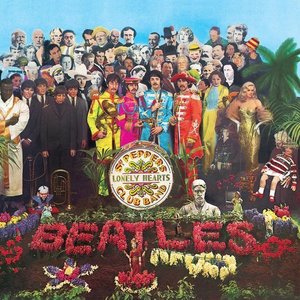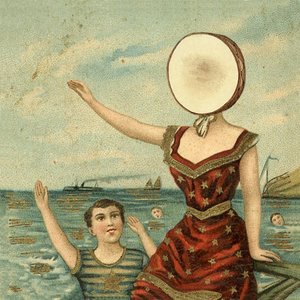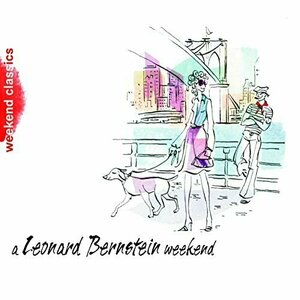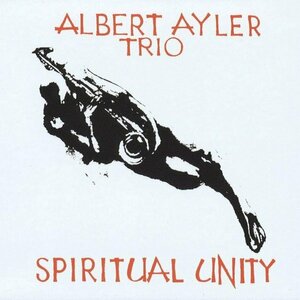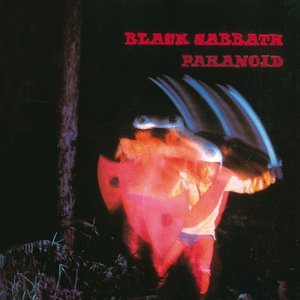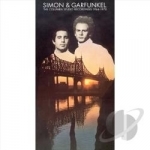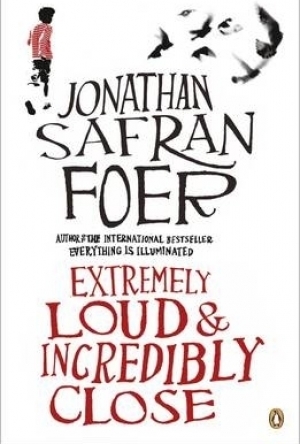Search
Search results
ClareR (6062 KP) rated The German House in Books
Dec 30, 2019
The German House is set in Frankfurt in 1963 at the time of the Auschwitz trials. Eva Bruhns is a 24 year old translator, and is asked to translate the testimony of the Polish speaking Jews who were imprisoned at Auschwitz. Eva was a small child during the war, and remembers little of it. She seems to be mostly concerned with her romance and possible engagement to Jürgen Schoorman, a wealthy businessman. However, when David Miller, a Canadian lawyer who is working for the prosecution at the trials, hires Eva as a translator, her world view and her opinion of her parents and the Germans involved in the war, changes. Her parents don’t want to talk about their involvement in the war, and Jürgen doesn’t think that she should be involved in something so distasteful. But this isn’t just a coming of age story. Granted, Eva does grow in this novel. She learns about the collective guilt of the German nation with regards to the Holocaust, and looks at how the children of the war generation reacted to something that was in effect hidden from them. They called it Vergangenheitsbewältigung - the struggle to come to term with and overcome the past. Young Germans wanted to analyse, digest and learn to live with the past, and the Holocaust in particular. Eva can’t understand why her parents will not own up to their share of the guilt.
I really enjoyed this novel. It was hard-going at times, and it did read like a translated novel. It did however, catch the spirit of the time. Eva’s longing to break out of the societal restrictions of the time (for example when she refers to how much she likes a new Beatles song that Jürgen can’t understand, he doesn’t like pop music) and Jürgen’s wish that she stops work as soon as she gets engaged (as a modern woman, I was positively fuming at this point!!).
I was fascinated by the trip the Court makes to Auschwitz - somewhere I’ve never been, and after a trip to Oranienburg (a camp for political prisoners outside Berlin), I feel that I would struggle to go. This was one of the most emotional parts of the book.
The side story involving Eva’s older sister is also fascinating, and I feel portrays the effect of seeing so much violence and hatred as a young child (no spoilers here!).
All in all, after I got used to the writing style, I really enjoyed this. It was an interesting insight into the post-war years, and West Germany’s reaction to the damage and destruction that the Nazis had caused during the Holocaust.
This is well worth a read.
Many thanks to NetGalley and the publisher for my copy of this book to read and honestly review.
I really enjoyed this novel. It was hard-going at times, and it did read like a translated novel. It did however, catch the spirit of the time. Eva’s longing to break out of the societal restrictions of the time (for example when she refers to how much she likes a new Beatles song that Jürgen can’t understand, he doesn’t like pop music) and Jürgen’s wish that she stops work as soon as she gets engaged (as a modern woman, I was positively fuming at this point!!).
I was fascinated by the trip the Court makes to Auschwitz - somewhere I’ve never been, and after a trip to Oranienburg (a camp for political prisoners outside Berlin), I feel that I would struggle to go. This was one of the most emotional parts of the book.
The side story involving Eva’s older sister is also fascinating, and I feel portrays the effect of seeing so much violence and hatred as a young child (no spoilers here!).
All in all, after I got used to the writing style, I really enjoyed this. It was an interesting insight into the post-war years, and West Germany’s reaction to the damage and destruction that the Nazis had caused during the Holocaust.
This is well worth a read.
Many thanks to NetGalley and the publisher for my copy of this book to read and honestly review.
Colin Newman recommended Sgt. Pepper's Lonely Hearts Club Band by The Beatles in Music (curated)
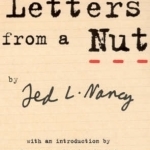
Letters from a Nut: With an Introduction by Jerry Seinfeld
Ted L. Nancy and Jerry Seinfeld
Book
Spoof letter writing has a long history from Lazlo Toth to Henry Root but nothing can prepare you...
Amanda Palmer recommended In the Aeroplane Over the Sea by Neutral Milk Hotel in Music (curated)
Ed Droste recommended track Serenade after Plato's Symposium Phaedrus Pausanias by Leonard Bernstein in A Leonard Bernstein Weekend by Leonard Bernstein in Music (curated)
Caribou recommended Spiritual Unity by Albert Ayler Trio in Music (curated)
Rob Halford recommended Paranoid by Black Sabbath in Music (curated)
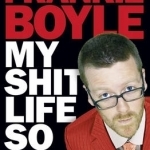
My Shit Life So Far
Book
Ever since being brought up by The Beatles, Frankie Boyle has been a tremendous liar. Join him on...
Jonathan Higgs recommended track Wednesday Morning, 3 a.M. by Simon & Garfunkel in Columbia Studio Recordings, 1964-1970 by Simon & Garfunkel in Music (curated)
Alison Pink (7 KP) rated Extremely Loud and Incredibly Close in Books
Jan 15, 2018
I have never been a big fan of history. There have been events in history which have captured my attention...the Holocaust, JFK's assassination, the Civil Rights movement, the Beatles. I think my issue with history is just that, its history. I had no connection to it. All of that changed on September 11, 2001, my generation's version of the day that will live in infamy. Like most everyone who was old enough to remember, I remember that day like it were yesterday...where I was when I heard, what it was like to watch those massive building collapse, the fear, the uncertainty, the need to have those I loved close to me, how I knew it was real but just not being able to comprehend that I was watching the news & not some movie. I didn't have a personal connection with losing someone that day thank God.
Jonathan Safran Foer's book gave me that personal connection. While I know it is fiction, it felt SO incredibly real. His writing was very heartfelt...funny, depressing, hopeful, and heartbreaking all at once. It tells the story of Oskar Schell who lost his father on that horrible day. It tells the tale of the aftermath for those left behind, those who still today stuggle to get a handle on wrapping their minds around their loved one being gone, even though there is nothing to put closure to their loss.
Oskar spends months a searching for an explanation to a key he found at the bottom of a vase in his father's closet after he died. He embarks on the search hoping to feel close to his dad, if only for a little while longer. That search leads him all through New York and into the homes of a very eclectic group of people who are all dealing with some kind of tragedy. In the end, what he finds surprises Oskar, but also manages to pull him back to his mother and deal with his anger at the same time.
I'm not sure what I was expecting, but this book was a pleasant surprise. I laughed & cried, often times all from just one page of text. The story is accompanied by photos that just add to the personal nature of the story. I don't do this often if ever really, but I think this is a book I will read more than once.
Jonathan Safran Foer's book gave me that personal connection. While I know it is fiction, it felt SO incredibly real. His writing was very heartfelt...funny, depressing, hopeful, and heartbreaking all at once. It tells the story of Oskar Schell who lost his father on that horrible day. It tells the tale of the aftermath for those left behind, those who still today stuggle to get a handle on wrapping their minds around their loved one being gone, even though there is nothing to put closure to their loss.
Oskar spends months a searching for an explanation to a key he found at the bottom of a vase in his father's closet after he died. He embarks on the search hoping to feel close to his dad, if only for a little while longer. That search leads him all through New York and into the homes of a very eclectic group of people who are all dealing with some kind of tragedy. In the end, what he finds surprises Oskar, but also manages to pull him back to his mother and deal with his anger at the same time.
I'm not sure what I was expecting, but this book was a pleasant surprise. I laughed & cried, often times all from just one page of text. The story is accompanied by photos that just add to the personal nature of the story. I don't do this often if ever really, but I think this is a book I will read more than once.

